There are several advantages to taking a carry-on, such as packing light, no baggage fees, and not having to deal with waiting for your gear once you land. However, considering travel has been put on hold for a while, you may be itching to get out of town for an extended trip. In that case, you’re going to want to bring a checked bag. While you may already be thinking about what you will pack, the more important question is what you should not pack.
Don’t worry; we’ve got you covered so you can spend less time worrying about the contents of your checked baggage and more time planning that next long-awaited getaway.
What is a Checked Bag?
As the name suggests, this baggage type is checked in at the airport, stowed away in the cargo area of an airplane during the flight, and picked up at your next destination. It’s essential to check with the airline you’re traveling with to see the applicable fees to check a bag. Those flying in a higher class or a mile program may get the added benefit of free bags. However, you have to pay for your bag on each leg of your trip on most low-cost carriers.
Your first checked bag may be free of charge when traveling internationally, but additional bags have a fee attached. You can opt to pay for your bags while booking your ticket or at the airport if you don’t know how many pieces you’re going to bring at the moment.
The typical weight limit for a checked bag is 50 pounds/23 kilograms, but weights can vary by airline, route, and travel class. Perhaps the best way to weigh your bag at home is by stepping on a household scale with it and subtracting your weight. Note that if your luggage is overweight, there’s an additional fee attached. Briggs & Riley offers several different checked bag styles to suit every traveler and trip’s needs.
What Items Are Not Allowed in Checked Luggage
What can I bring on a plane, you ask? While there are copious items you can’t bring in a carry-on bag (Can you bring a razor on a plane? Nope.), checked luggage has some restrictions as well. There are also some personal belongings you should leave behind to prevent loss or theft.
Anything Explosive or Flammable
While this rule seems self-explanatory, it includes items such as fireworks, hand grenades, dynamite, butane, fuels of any kind, paint, turpentine, and anything else your gut probably tells you to leave at home.
Laptop and Electronics
It’s not that these items are forbidden per se, but leaving them out is for your protection because they are fragile and expensive. Not to mention, you run the risk of them getting lifted in the unfortunate event that unwanted hands rifle through your luggage — or your bag is stolen entirely. However, the one electronic device that is completely banned is the Samsung Galaxy Note 7 due to its history of exploding in the air.
Lithium Batteries
While lithium batteries are a must when charging many electronics, they’re not allowed in your checked-in luggage. Lithium-metal (non-rechargeable) batteries are limited to two grams of lithium per battery, while lithium-ion (rechargeable) batteries are restricted to 100-watt hours per battery. But don’t worry; these are the typical amounts the average travel requires.
Matches, E-Cigarettes, and Vaping Pens
You may not have realized it, but you can actually bring a single book of safety matches in your carry-on bag, according to the TSA. However, they’re forbidden in checked baggage along with strike anywhere matches, e-cigarettes, and vaping pens — though these, too, can be in your carry-on. Up to two fueled lighters can be packed in checked suitcases if they are DOT (Department of Transportation) approved.
Anything Valuable or Sentimental
Whether it’s an expensive piece of jewelry or a family heirloom that’s worth more than money can buy, leave it at home. It’s simply not worth the risk of losing something of great monetary or sentimental value. Even if you submit a claim form, should there be a mishap, any small amount of compensation can’t match your loss. If you simply must bring these items, they’re better off stored safely in your carry-on or personal item.
While you’ve got a lot more flexibility when you decide to check your bag (Liquids in checked baggage are allowed! Product junkies rejoice!), it’s never a bad idea to check with the carrier you’re flying with if you plan on packing any questionable items. In the meantime, enjoy planning your next trip — and don’t forget to leave a bit extra room for souvenirs!
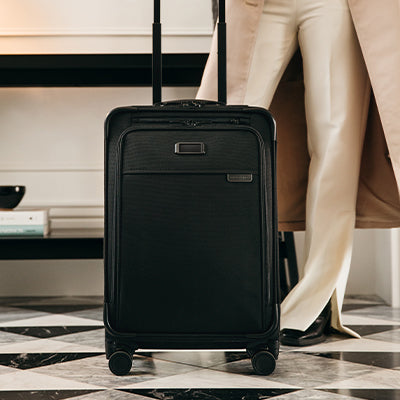



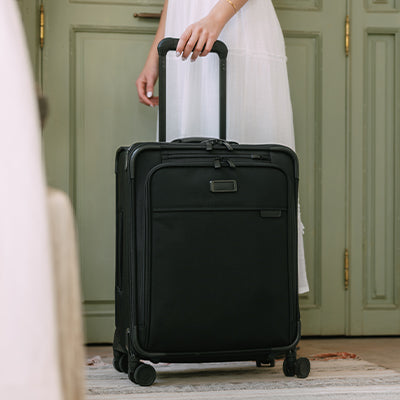
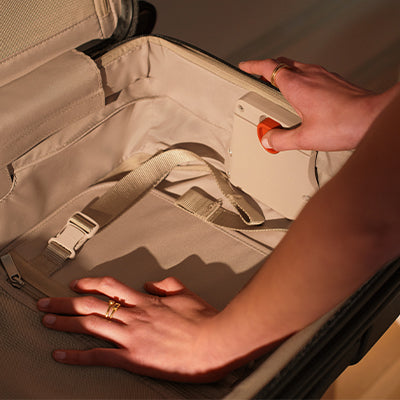


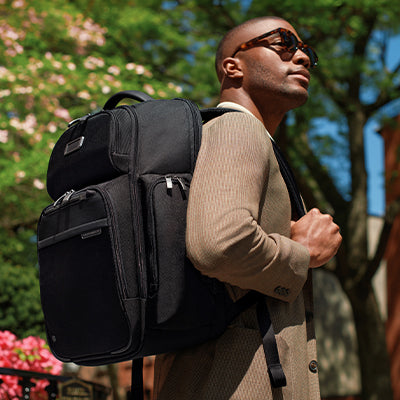

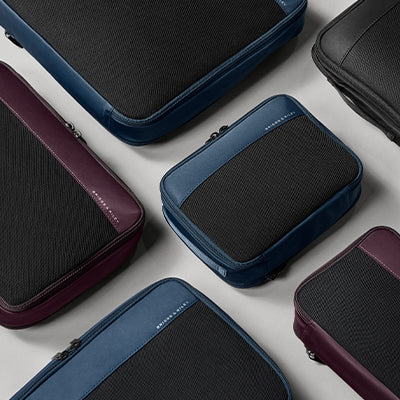
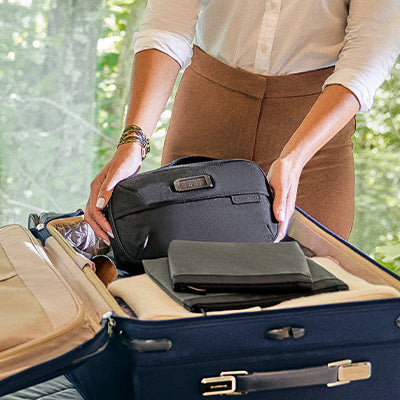
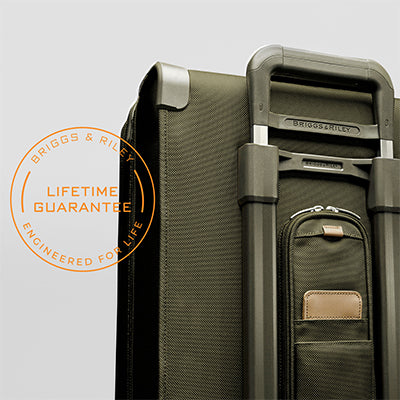
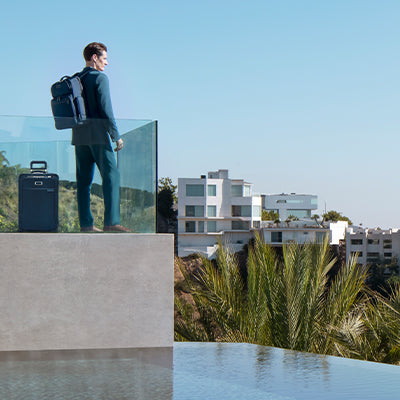
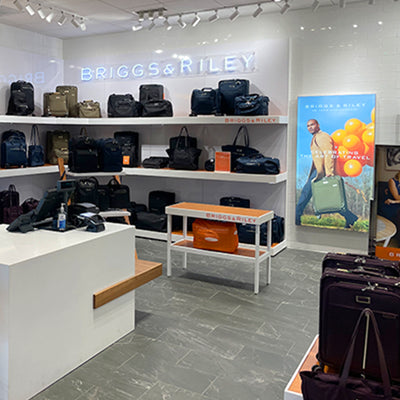
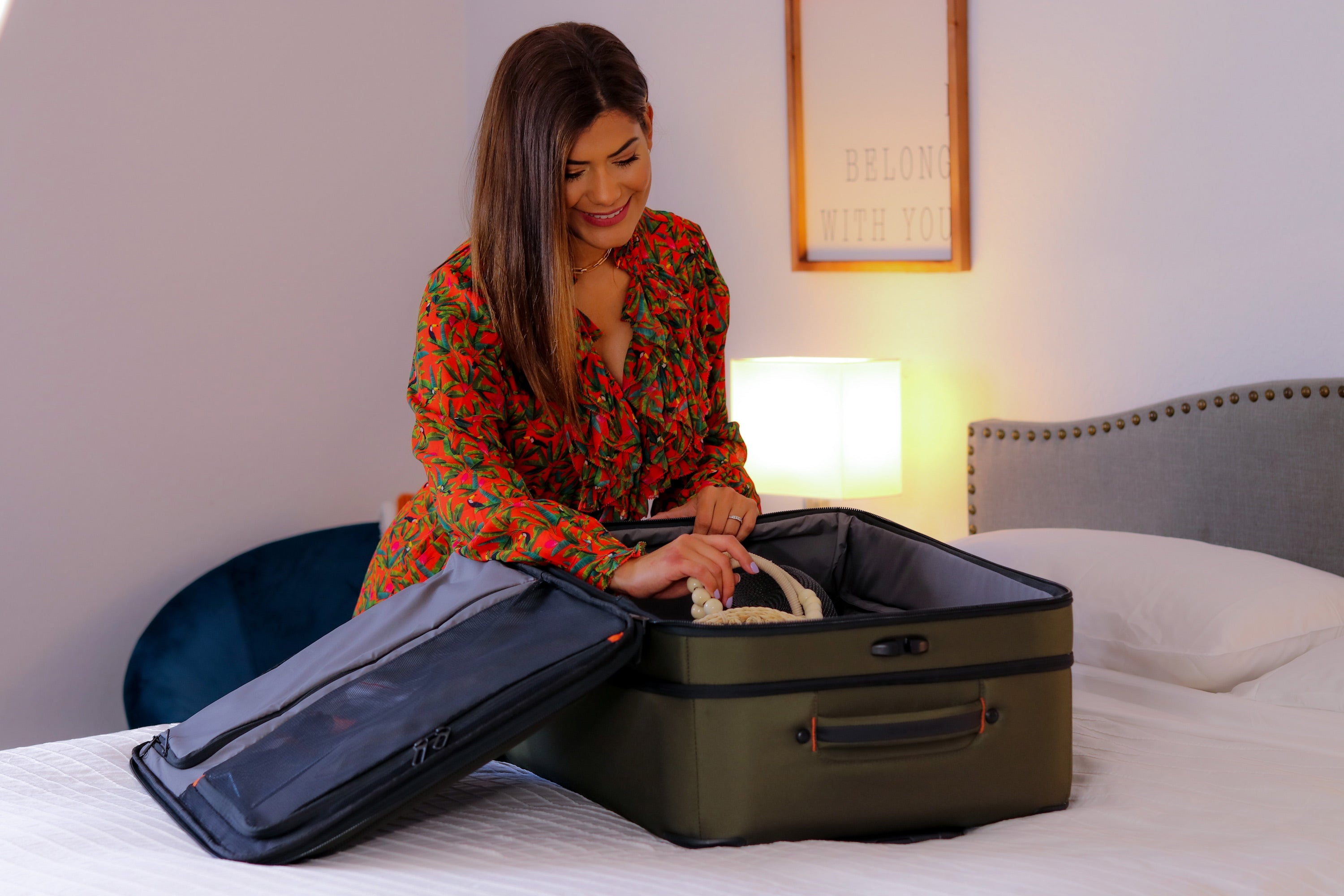
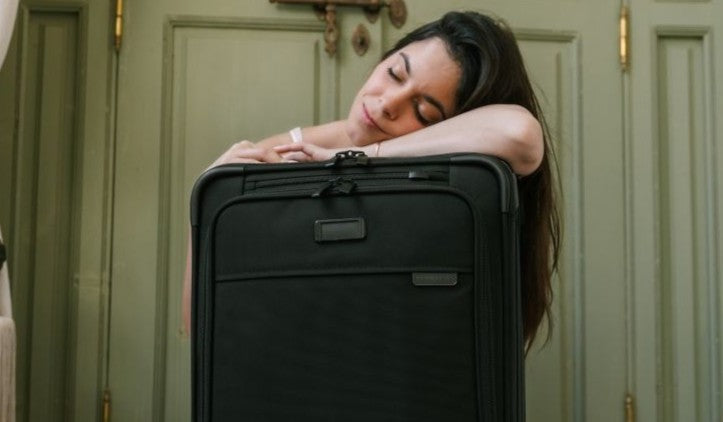


Leave a comment